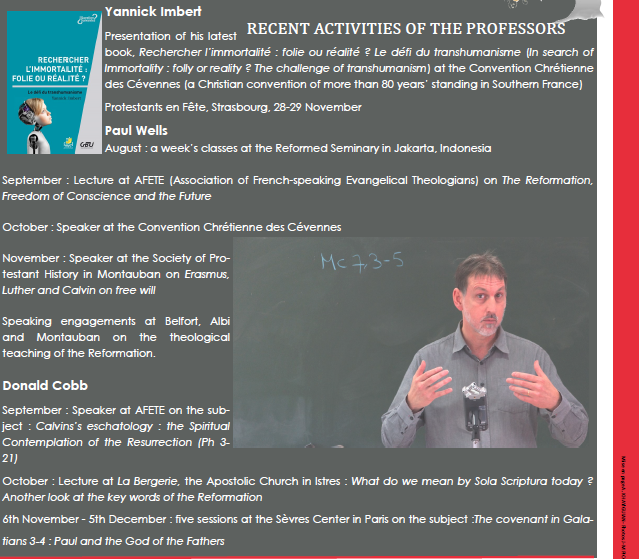Dear Friends,
Nicolas Baverez is a lawyer, essayist, and journalist, justly renowned for his perceptive views of where France and Western Europe are going in the next few years. He has been called a pessimist, because he has written books such as France Is Falling, which looks at sobering trends in the country, such as cultural lag, loss of a competitive edge, and a generalized fear among its people. But he considers himself more of a hopeful realist than a pessimist.
His latest book, due out next month, is titled, Violence and Passions: A Defense of Freedom in the Age of Universal History. His argument is that no one escapes the forces of history in our times. Contrary to many predictions since the fall of communism in 1989, there is little reason to be optimistic. Forces reign such as terror, revenge, xenophobia, all of which confirm what French poet Paul Valéry said long ago: “Civilizations are mortal.” And yet, Baverez still says there is hope, hope for liberty, if only we would look in the right places. Unfortunately, while he says good things, he stops at the most important. He argues we need to resist terror, to strengthen our institutions, and to “take responsibility.” Sure, but on what basis? He says we simply need “faith is freedom and the courage to defend it.” Sure, but where does it come from?
Only the Gospel can ensure such things. Our hope is not in the fall of communism or the strength of institutions, but in the rise of resurrection power, inaugurated by our Lord Jesus Christ. The Seminary in Aix-en-Provence is training leaders for churches and missions that will proclaim this message loud and clear. Thanks so much for your support of this great cause.
Very Truly Yours,
William Edgar,
President










